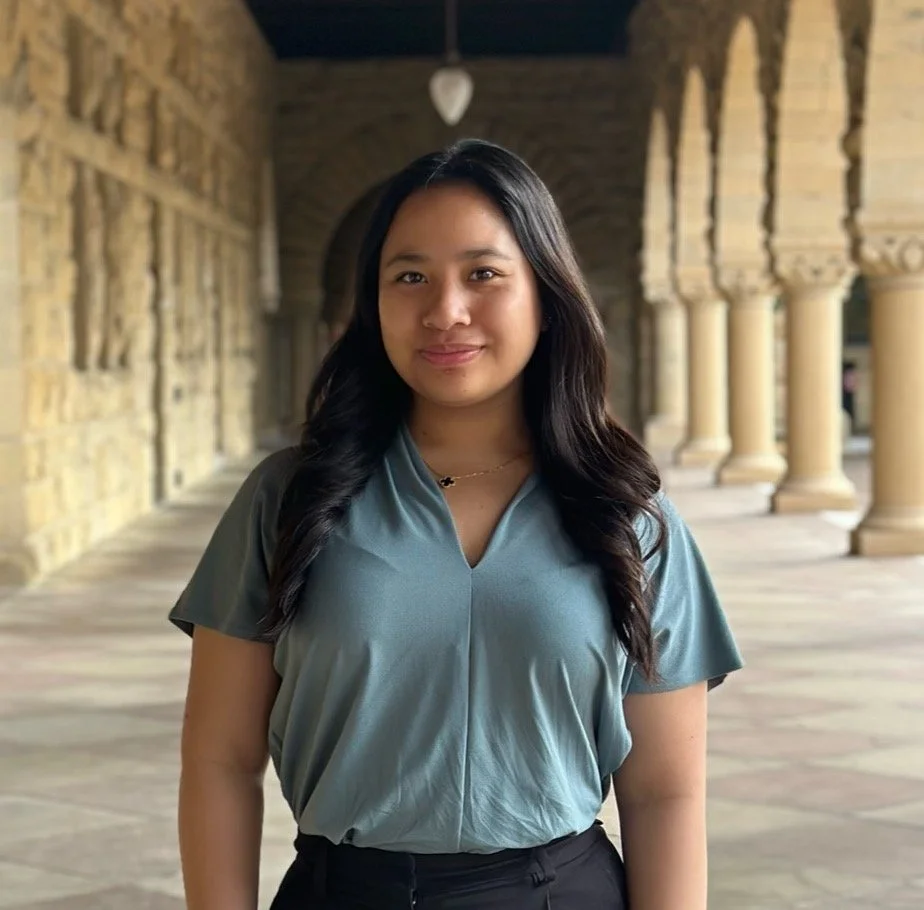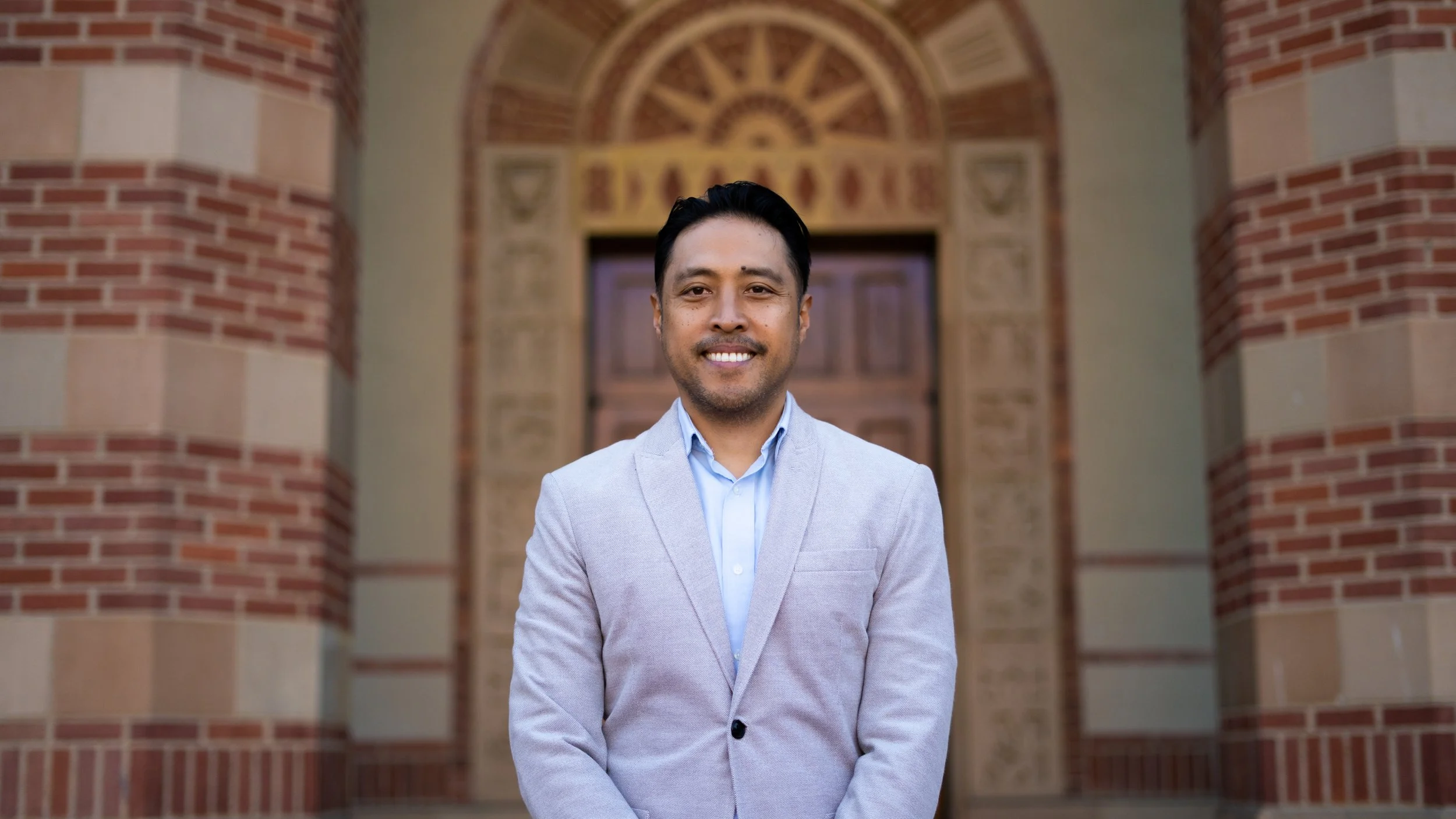Our Team
Founder: Marjorie Luzuriaga
Marjorie is from Los Angeles, CA. She is currently a sophomore at Stanford University studying General Biology. She was inspired to embark on this mission because coming from a line of family who has been diagnosed with diabetes and has been through the effects it has, she wanted to help her family who did not completely understand how to manage their diabetes because of the various barriers they had to overcome. After taking notice that her family whose native language is not English having difficulty understanding how to manage various diagnoses, Marjorie had to serve as a translator walking her family members through navigating the U.S. healthcare system. Marjorie’s main goal with Diabetes@Work is to ensure there are little-to-no barriers left when it comes to patients receiving the care they need.
Personal Inquiries: marjluzu@stanford.edu
Medical Advisor: Dr. Marilyn Tan, MD
Dr. Tan is one of Diabetes@Work’s medical advisors. She is currently serving as chief of the endocrine clinic at Stanford Healthcare and is the director of value based care for endocrinology. In addition, she serves as the clinical associate professor of medicine in endocrinology at Stanford Medical School. Dr. Tan decided to join Diabetes@Work as one of the health advisors because diabetes is prevalent in all communities and is the leading cause for multiple other serious medical comorbidities. Dr. Tan especially wants to help underserved communities because ethnic minorities are actually at a significantly higher risk of diabetes and often are unaware of this. Access to healthcare is also less robust in communities of color. Diabetes is such a widespread medical issue, and much of the education is generic. To be effective, Dr. Tan really encourages the need for more targeted and individualized education.
Research Advisor: Dr. Dante Anthony Tolentino, PhD
Dr. Tolentino is an assistant professor of nursing at UCLA and an early-career investigator passionate about improving the health of Filipino Americans. His long-term research goal is to provide safe and culturally appropriate interventions to improve diabetes outcomes for Filipino Americans. Dr. Tolentino wanted to work on this initiative because it is known that many individuals with T2DM, not just Filipino Americans, underutilize diabetes self-management education programs. And there are many different reasons as to why they don’t engage or use these programs. It is important then, as clinicians and scholars, that we provide targeted resources to empower our community in achieving optimal self-management to better manage their diabetes. Culturally tailored diabetes resources for Filipino Americans are essential to help our kababayans manage their condition and prevent future complications. From empirical studies, diabetes education enhances quality of life and lifestyle, reduces health care costs, improves glycemic control, and builds self-efficacy. However, many existing educational resources today lack cultural specificity. Marjorie’s work in partnership with the Daly City council is crucial in providing our community with access to life-saving, culturally relevant diabetes resources.
Dr. Rod Daus-Magbual, PhD
Dr. Rod currently serves as Vice Mayor of Daly City. Dr. Rod wanted to be a part of Diabetes@Work because he grew up observing my mom as a diabetic. He saw how she managed her diabetes by watching her diet, exercise, and stress. He saw the pain in her face as she had to complete her daily routine of checking her blood sugars, taking her medicine, and insulin shots. Then in 2000, shortly after graduating from undergrad, he was diagnosed with Type 2 diabetes. Diabetes is one of the top killers in the Filipina/o/x American and BIPOC communities and it needs to be an urgent issue that needs to addressed. This program needs to be implemented in Daly City because with our large diverse populations, especially our Filipina/o/x American community, it is another resource that can help. It integrates technology, diabetes specialists, and a program backed by medical evidence, which addresses the issues of this chronic disease. It also stresses that we care about the well being of our residents and that we have a program that is accessible to all sectors of our population.



